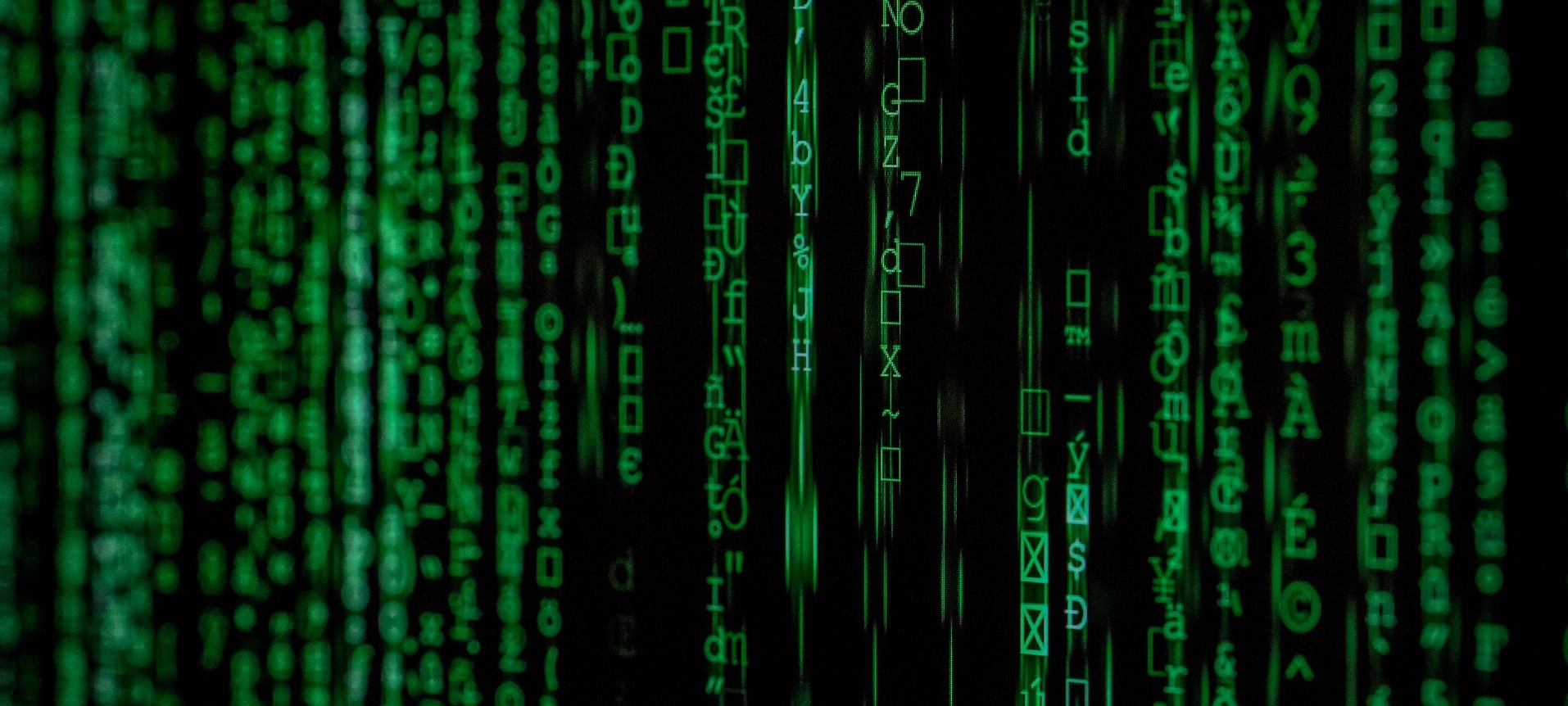The law industry has been dabbling in Artificial Intelligence – the use of software to replace human processes such as learning and reasoning – for a while now. And it’s an area of progress that’s gaining steam. But what does AI really mean for the world of law? Can years of training and expertise in litigation be matched by a laptop with a detached sense of logic? If we let an application do our arbitration, where does that leave…the lawyers?
Hit me with your algorithm
The possibilities for what AI can do for us at work are, indeed, endless. Contract automation service Evisort was developed by a group of Harvard Law students to “enhance efficiency, improve accuracy, and save millions of dollars a year”. Similarly, platforms like Clio and LEAP are concerned with optimising productivity through automated processes. Software that can scan a huge amount of data in seconds relieves lawyers of the grunt work of the role, gifting them time and energy to apply to rational, informed thinking. It also means lawyers might have the bandwidth to take on a broader, more stimulating and exciting caseload – gaining a wealth of experience to inform them. Saving on costs is another huge benefit to adopting AI in legal processes. This is great news for smaller firms and practising individuals looking to take control of their time and workload – as well as for public services, non-profits and pro bono teams. The reduced margin for human error, meanwhile, has been a key draw for the medical industry’s embracing of AI – and it is highly relevant to the legal field.
Apprehensive about Artificial Intelligence
There are, meanwhile, valid concerns about deepening our reliance on the digital world. The sensitive nature of the documents in our hands makes them vulnerable to cyberattacks. Along with glitches, bugs, and viruses, it makes uploading our entire industry to the cloud is a risky business. Technological development in this field is still quite young, so can we trust that it is ready to handle our clients’ delicate legal matters?
And then there’s the people. Using AI to eliminate much of our process threatens the role of paralegals and junior lawyers – people whose valuable knowledge and input would be lost when analysing complex cases. The role of the lawyer could become rather lonely and even itself redundant. A piece from the Law Society worries that automated processes could be used ‘by those outside the profession to provide the same services, with all the combined learning of law libraries, precedent and risk analysis, reliably and instantaneously, but without the training, rigour and regulation of the legal profession.’
Changing the law game
Artificial intelligence is already disrupting the legal sector and changing the way we work – for good or bad. But as unsettled and threatened as we might feel by AI, there’s a lot to be excited about. If automation replaces certain frameworks, it could lead to a more affordable and accessible justice system. It’s also in the best interest of law firms, their clients and lawyers themselves to have the most tedious, time-consuming parts of the job taken away. Time is money after all, and clients need a service that’s efficient and cost-effective. Firms need to stay competitive and agile.
And lawyers need a healthy work-life balance. With more energy and enthusiasm to bring to a case, we’re sharper, more able to absorb and analyse the bigger picture. We’re more compassionate and able to focus on what we do best – thinking, advising, advocating and problem solving. Being human. A lawyer’s true value isn’t in the data, but in emotional intelligence, ethical integrity and empathy – and it’s these skills that are more important than ever. The law exists to guide our humanity and, with the help of careful and considered integration of AI, lawyers might just be able to keep it that way.
Lawyers for Good is dedicated to providing access to justice for those who need it, and supports the personal and professional development of lawyers through meaningful work. Find out more about our projects and join our growing community.
